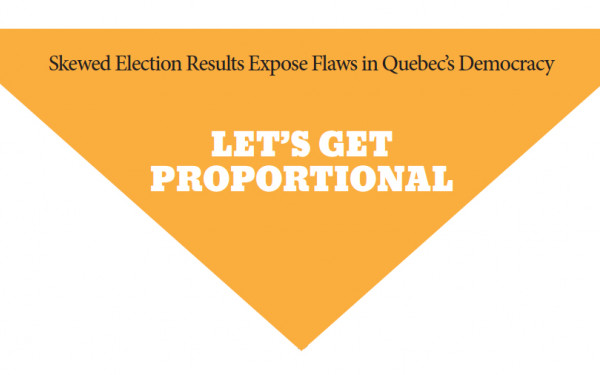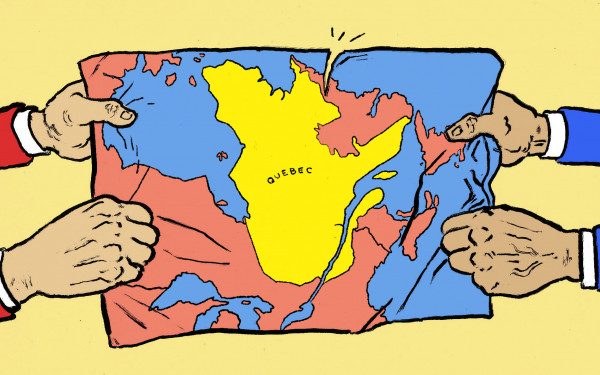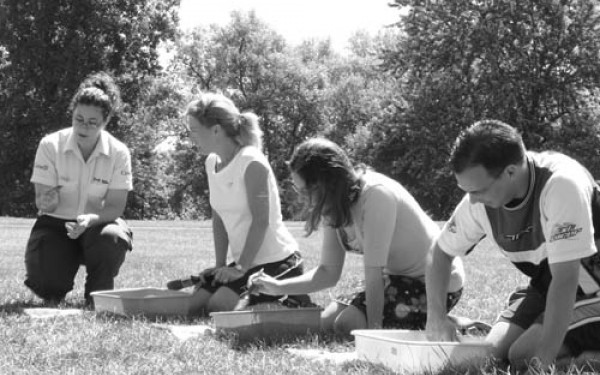When 16-Year-Olds Hold the Key
Quebec and Scotland Both Have the Same Idea for Gaining Independence
The people who gave deep-fried Mars bars a place on snack shop menus and the ones who know a dozen different ways to serve cheese curds over fries are finally united over so much more than dubious culinary standards.
Both Scotland and Quebec are eyeing a bid for independence and both think lowering the voting age will help them do that.
When Quebec Premier Pauline Marois made the trip to Edinburgh last week to meet with Scottish First Minister Alex Salmond, it became clear that there was a strong connection between these two “nations within a nation.”
Both Scotland and Quebec exist as unique states within a larger one. But unlike Quebec, Scottish independence from the United Kingdom has to happen during a window the U.K. prime minister only left open until 2014.
Cue Marois flying over with a sizable press corps to hand Salmond data collected from Quebec’s separatism bids in 1980 and 1995 to help them along.
She was received like that creepy aunt who comes over and wants to show you her ten photo albums documenting her late twenties in minute detail.
Not only did Salmond not want the documents, he wasn’t too hot on being associated with Quebec’s twice-over failed attempts to separate. The visit was considered a flop.
But the event brings into focus not only what we already knew about these places’ dual ambitions to separate, but the path that might lead there. For both Quebec and Scotland’s sovereignty leaders, lowering the
voting age goes hand-in-hand with an independence vote.
The argument on both sides revolves around youth participation in politics and the fact that 16- and 17-year-olds can drive, get married, or join the army—so it only makes sense that they should be able to vote, too. Soon, Scotland will table a bill on whether they will lower the voting age before the big independence decision comes.
This is obviously a move that serves a specific agenda more so than the empowerment of young people they would pretend it’s about.
If that weren’t the case, then lowering the voting age would have been an issue circulating the zeitgeist for decades, not just at a time when circumventing the status quo is the aim of leading political parties.
Young people are high on hope and ideals, so a major political shakedown like separation is likely to find fertile soil with them. Incorporating more teens into the ranks of eligible voters is a cause that conveniently coincides with what can be gained for the party putting it forward.
I’m not against lowering the voting age. Teens should have more rights, freedoms and respect as full-fledged members of society. But pushing this major social change forward to serve one specific outcome is shoddy.
And that both the independence-obsessed leaders of Quebec and Scotland have come to the conclusion that lowering the voting age is a valuable step towards their own political ends makes this ulterior motive all too obvious.
Let’s collectively decide to lower the voting age or let’s not—regardless of what the next referendum gaining ground in the rearview mirror is.


_600_832_s.png)

_1_600_375_90_s_c1.jpg)


